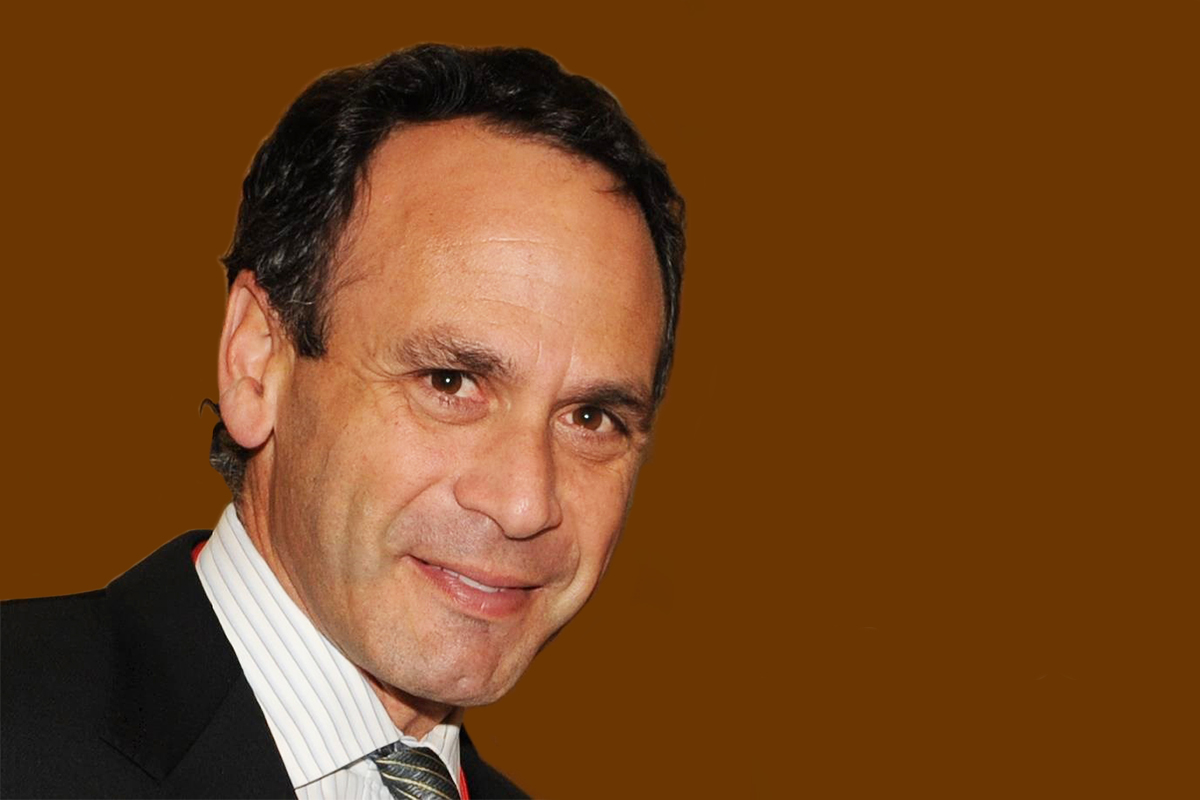Larry Paul ’82

At first blush, it would appear that Larry Paul ’82 is in possession of a magical power that allows him to be in multiple places at once. As the managing principal of a family-run private equity firm, Laurel Crown Partners, which he co-founded with his younger brother in 2001, he is generally invested in five to 10 companies at any given time. As if that weren’t enough to keep the average mortal busy, Paul, who holds an M.D. from Harvard Medical School and an MBA from Stanford University’s Graduate School of Business, currently serves as director of no fewer than nine corporate boards (most of which are portfolio holdings) while concurrently serving as a board member for Harvard Medical School, the Harvard Alumni Association, Children’s Hospital of Los Angeles, the Pro Football Hall of Fame and the Institute for the Study of the Economics of Sports and Society at UCLA. Oh, and did we mention that he and his family are the second-largest owners of the Pittsburgh Steelers?
When, one wonders, does the man sleep? Paul laughs. “I have been fortunate in that my professional life has been very Walter Mittyish. When people ask me if I planned it this way, I say, ‘I wasn’t that smart.’” But while serendipity has certainly played a role, so too have Paul’s own work ethic and formidable intellect.
“Before Exeter, I was fortunate enough to be in a school in Pittsburgh where I was advanced in math and English,” he recalls. “In fact, I was looking at the possibility of graduating high school at 16. Fortunately, my parents felt that there was more to a college experience than the academics. They knew that socially, I just wasn’t ready.”
Paul, who’d heard of Exeter and Andover, eventually asked his parents if he could visit. “Oddly enough, when I was younger and didn’t behave, they would occasionally threaten to send me away to boarding school. I think they agreed to take me for a look just to humor me,” he says. Soon thereafter, Paul and his father flew to Boston, dined at Durgin-Park and made their way to New Hampshire.
“I saw Exeter first and just loved it,” Paul reminisces. “The tour was amazing; the campus was extraordinary; the students were mature, but still kids. I walked away thinking it’d been a very positive experience … that I could do this.”
Exeter did not disappoint. From the moment he arrived as a new lower in the fall of 1979, Paul reflects that he found the Academy “just amazingly invigorating, stimulating and exciting. I loved the emphasis not just on book learning, but on interactive learning … life learning.” The simultaneous distilling and instilling of community values and obligations were equally paramount.
“Exeter prompted the transition from ‘It’s all about me’ to ‘It isn’t all about me.’ I remember being in Lamont [Paul’s lower year dormitory], and one of my dorm mates was looking at a very late night of studying, and I felt this responsibility to ease his burden. It was this sense of ‘I understand you need help, and I have the time and desire to help you, and there’s no need for you to be up alone until 2 a.m. doing an assignment when we can stay up together and get it done by midnight.’ Non sibi wasn’t just an intellectual concept at Exeter, but something we lived in real time, in real life.”
That deep sense of compassionate accountability has been a driving force for Paul ever since, from his choice to attend medical school, to his later work in life sciences banking, to his copious volunteer work, perhaps most notably with the Red Cross. Indeed, in late October 2017, in recognition of his broad and deep contributions to the American Red Cross over 15 years of service, Paul was presented the Harriman Award for Distinguished Volunteer Service, the highest national honor bestowed by the organization. In her introduction of him at the awards ceremony, Chairman of the Board Bonnie McElveen-Hunter described Paul, who led the United States delegation to the International Red Cross and Red Crescent statutory meetings in Kenya in 2009 and was one of the first “boots on the ground” Red Cross volunteers in Haiti after the devastating 2010 earthquake, as “an expression of love and what it means to mankind.”
While he is clearly proud of the honor, Paul, who is also genuinely self-effacing, is quick to shift the focus, and kudos, back to the organization, its volunteers and its impact on those whom the Red Cross calls “the least, the last and the lost.” Accepting the award, he noted that the Red Cross is “comprised of inspiring people who have figured out how to turn tasks that some might see as ordinary or mundane into something that really is changing the world — one act of kindness, one meal, one needle stick, one pint of blood, one hug, one person at a time.”
— Melanie Nelson
Editor’s note: This profile first appeared in the winter 2018 issue of The Exeter Bulletin.